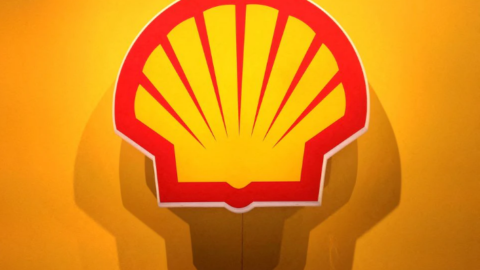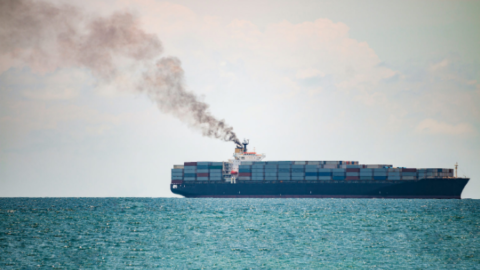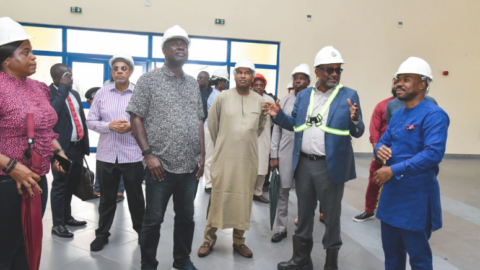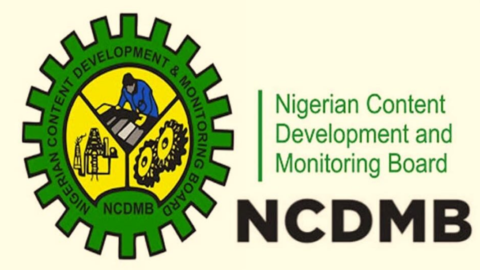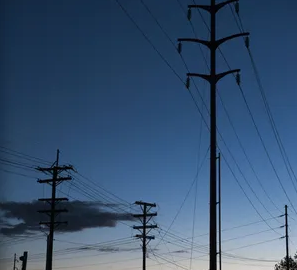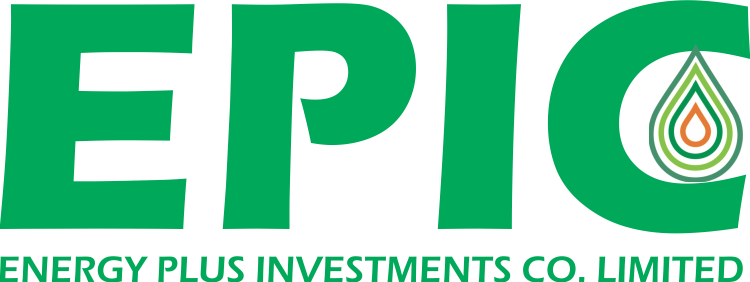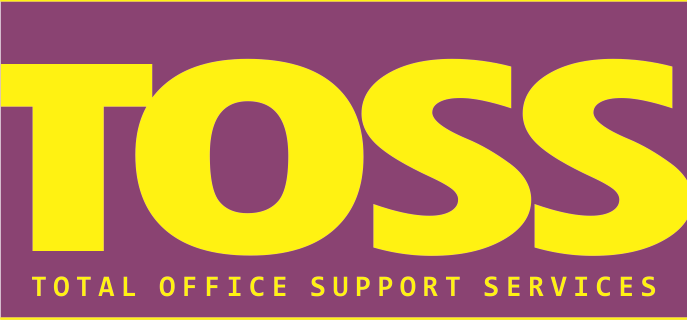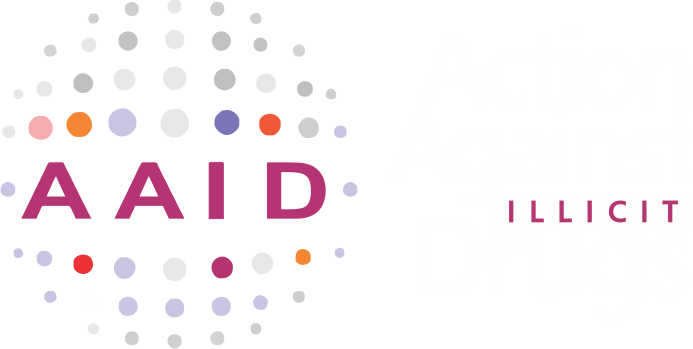Shell Petroleum Company Limited agreed to sell its home energy business, Shell Energy Retail Limited (SERL) in UK and...
The complexity of rally car engine that has over 1,200 parts which powers the driver at high speeds for...
NCDMB Graduates 20 Underwater Divers, Collaborates with Nigeria Navy, MDTI for In-country Capacity.
Nogspeed, , Local ContentThe Nigerian Content Development and Monitoring Board (NCDMB) has graduated a batch of 20 young Nigerians at the Nigerian Navy Underwater Warfare School, Navy Town,...
The group of independent training providers in Nigeria oil and gas industry and the Oil and Gas Trainers Association...
$9 billion project aims to bridge east and west power grids, accelerate renewable energy.
Nogspeed, , Power, RenewablesThere are few wind turbines west of the Missouri River in South Dakota, and some experts say a lack...
NOGSpeed Vol 2. No. 12 - 2019Download
Blue Economy Will Offer 350 million Jobs If Adequately Harnessed — NIMASA DG
Nogspeed, , Maritime, News & ReportsDr Bashir Jamoh, Director-General, Nigerian Maritime Administration and Safety Agency (NIMASA), says the blue economy will offer 350 million...
Turkish Ship Not Damaged in Black Sea Explosion – Maritime Authority
Nogspeed, , Maritime, News & ReportsA Turkish-flagged general cargo ship that was sailing on Thursday in the Black Sea en route to Ukraine’s Izmail...



Magazine
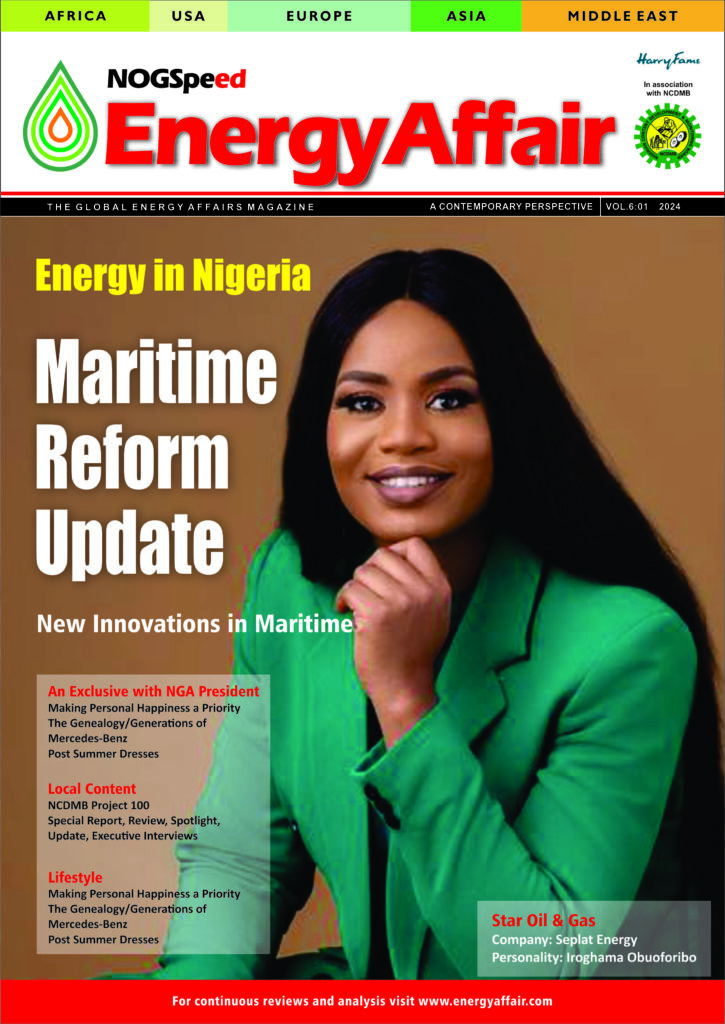



- Nigerian Government Raises Electricity Meter Price
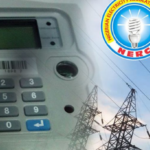 by Nogspeed
by Nogspeed - CF Industries reaches landmark agreement on enabling low carbon ammonia..
 by Nogspeed
by Nogspeed - Eni Now the Latest Energy Giant to Sell Onshore Nigeria assets.
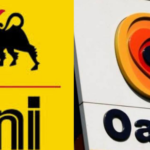 by Nogspeed
by Nogspeed - First Capesize Non-Ice Class and Bulk Carrier Tanker Sail to China Via Northern Sea.
 by Nogspeed
by Nogspeed - NGA Promotes Nigerian Decade of Gas at Gastech, Singapore
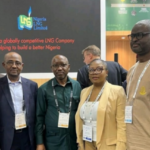 by Nogspeed
by Nogspeed


